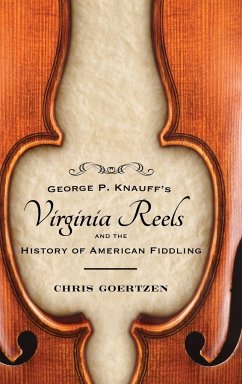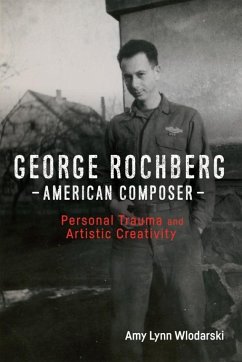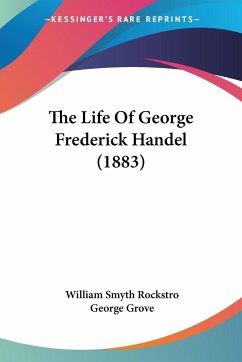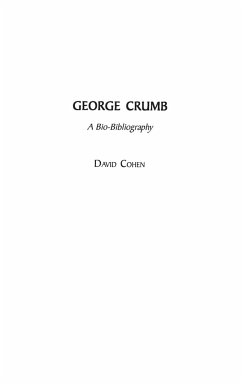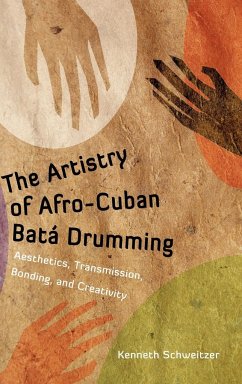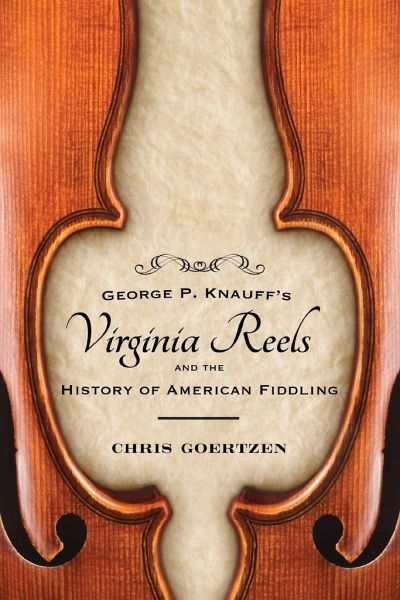
George P. Knauff's Virginia Reels and the History of American Fiddling
Versandkostenfrei!
Versandfertig in 1-2 Wochen
39,99 €
inkl. MwSt.
Weitere Ausgaben:

PAYBACK Punkte
20 °P sammeln!
George P. Knauff's Virginia Reels (1839) was the first collection of southern fiddle tunes and the only substantial one published in the nineteenth century. Knauff's activity could not anticipate our modern contest-driven fiddle subcultures. But the fate of the Virginia Reels pointed in that direction, suggesting that southern fiddling, after his time, would happen outside of commercial popular culture even though it would sporadically engage that culture. Chris Goertzen uses this seminal collection as the springboard for a fresh exploration of fiddling in America, past and present. He first d...
George P. Knauff's Virginia Reels (1839) was the first collection of southern fiddle tunes and the only substantial one published in the nineteenth century. Knauff's activity could not anticipate our modern contest-driven fiddle subcultures. But the fate of the Virginia Reels pointed in that direction, suggesting that southern fiddling, after his time, would happen outside of commercial popular culture even though it would sporadically engage that culture. Chris Goertzen uses this seminal collection as the springboard for a fresh exploration of fiddling in America, past and present. He first discusses the life of the arranger. Then he explains how this collection was meant to fit into the broad stream of early nineteenth-century music publishing. Goertzen describes the character of these fiddle tunes' names (and such titles in general), what we can learn about antebellum oral tradition from this collection, and how fiddling relates to blackface minstrelsy. Throughout the book, the author connects the evidence concerning both repertoire and practice found in the Virginia Reels with current southern fiddling, encompassing styles ranging from straightforward to fancy--old-time styles of the Upper South, exuberant West Virginia styles, and the melodic improvisations of modern contest fiddling. Twenty-six song sheets assist in this discovery. Goertzen incorporates performance descriptions and music terminology into his accessible, engaging prose. Unlike the vast majority of books on American fiddling--regional tune collections or histories--this book presents an extended look at the history of southern fiddling and a close examination of current practices.





